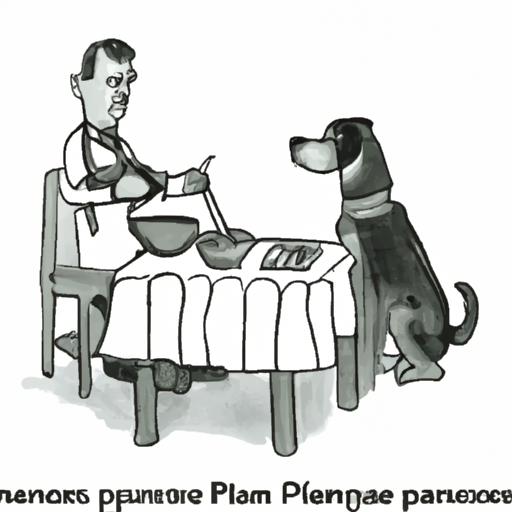As a caregiver for your furry friend, you might often find yourself asking what your dog can eat, especially if they have been diagnosed with pancreatitis. In this article, we’re going to provide an in-depth look at what pancreatitis means for your dog’s diet and how you can assist in managing their condition through careful meal planning.
Understanding Pancreatitis in Dogs
Pancreatitis, simply put, is inflammation of the pancreas. It’s a condition that can trigger severe symptoms such as loss of appetite, vomiting, and abdominal pain. In chronic cases, it can lead to diabetes and other digestive problems. Your vet will provide the best treatment plan which often involves dietary changes.
The Role of Diet in Managing Pancreatitis
A dog’s diet plays a crucial role in managing pancreatitis. Generally, a low-fat, highly digestible diet is recommended. This is because high-fat meals can trigger a pancreatitis attack. The aim is to give the pancreas a rest and reduce inflammation.
Foods to Include in a Pancreatic Diet for Dogs
Here are some foods that are suitable for dogs with pancreatitis:
- Lean Proteins: Chicken, turkey, and fish are good sources of low-fat protein. Ensure they’re cooked without oil or any fat.
- Whole Grains: Foods like brown rice and oatmeal are beneficial as they’re high in fiber and low in fat.
- Vegetables: Green beans, pumpkin, and peas are low in fat and high in fiber.
Foods to Avoid in a Pancreatic Diet for Dogs
Avoid the following foods as they are high in fat:
- Fatty cuts of meat
- Dairy products
- Oily fish
- Fried foods
Creating a Diet Plan for a Dog with Pancreatitis
Now let’s take a look at how you can create a diet plan for your dog:
- Consult with a Vet: Always consult with your vet before making any drastic changes to your dog’s diet. They will provide the best advice based on your dog’s condition and needs.
- Create a Balanced Meal Plan: Your dog’s meals should consist of a balanced proportion of lean proteins, whole grains, and vegetables.
- Monitor Your Dog’s Response: Keep a close eye on your dog’s response to the new diet. If you notice any adverse reactions, consult with your vet immediately.
| Meal Time | Food |
|---|---|
| Breakfast | Chicken with brown rice and peas |
| Lunch | Turkey with pumpkin and green beans |
| Dinner | Fish with oatmeal |
Frequently Asked Questions
1. Can my dog recover from pancreatitis?
Yes, with appropriate treatment and diet, dogs can recover from pancreatitis. However, some dogs may require lifelong management of the condition.
2. Can my dog eat treats if they have pancreatitis?
Treats should be low in fat and given in moderation. Always consult with your vet before introducing any new treats into your dog’s diet.
3. How often should I feed my dog with pancreatitis?
It’s often recommended to feed smaller, more frequent meals throughout the day to avoid overloading the pancreas.
In conclusion, managing pancreatitis in dogs primarily involves dietary changes. Always consult with a vet to ensure the diet plan suits your dog’s unique needs. With careful meal planning and monitoring, you can help your dog lead a comfortable and happy life, even with pancreatitis.



